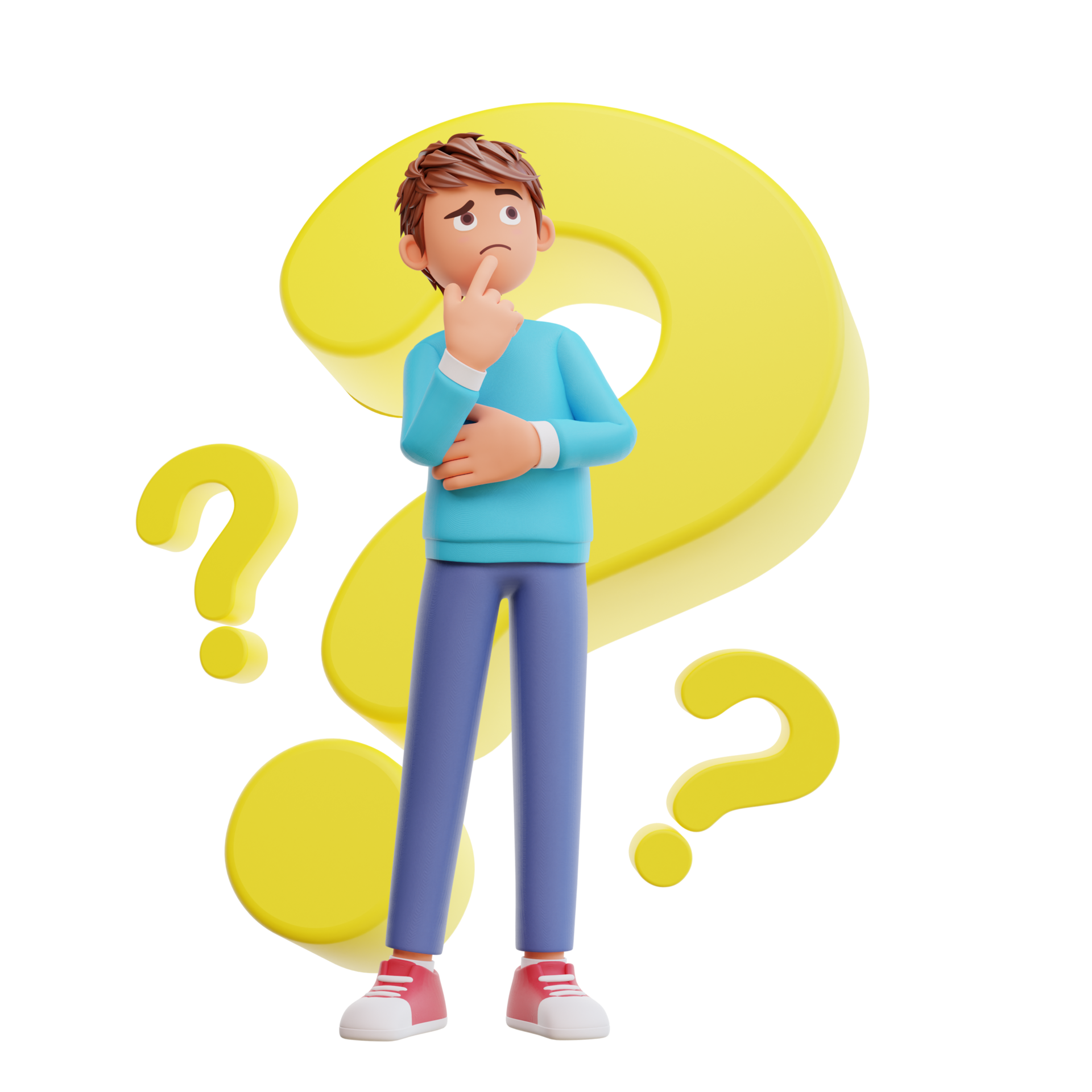It's quite something, isn't it, how a simple question can sometimes open up entirely new ways of looking at things? We often think about questions in terms of getting direct answers, but they can do so much more. Just like when you're trying to figure out the exact meaning of a word, or how a math concept applies to a whole field of study, the way we phrase our inquiries really shapes what we discover. And, you know, this idea of thoughtful questioning is especially powerful when we're talking about something as delicate and complex as paranoia.
When someone experiences paranoid thoughts, or even when we ourselves feel a bit on edge and suspicious, it can be a rather isolating feeling. The mind starts to connect dots that might not actually be there, or it might blow up small concerns into something much bigger. It’s a state where trust can feel pretty shaky, and the world can seem like a less safe place. So, naturally, it makes sense that finding ways to approach these feelings, to sort of gently prod at them, could be a real help.
This article is all about exploring the idea of a helpful question for paranoia. We'll look at how asking the right kind of questions—whether to yourself or to someone you care about—can bring a bit more light into those shadowy corners. It’s not about finding a magic cure, but more about finding a way to connect, to understand, and perhaps, to ease some of that intense worry. We'll talk about how these questions can really make a difference, kind of like finding the right key for a tricky lock.
- Carin Leon Girlfriend
- Eugene Malone Chrisean Rock
- Marrisa Dubois
- Chamath Palihapitiya Wife
- Nerdy Cartoon Characters With Glasses
Table of Contents
- What is Paranoia? Understanding the Feeling
- Why Questions Matter When Navigating Paranoid Thoughts
- Crafting the Right Question for Paranoia: A Gentle Approach
- Common Triggers and How Questions Can Offer a Path
- The Role of Empathy and Connection When You Ask
- When to Seek Professional Guidance and Support
What is Paranoia? Understanding the Feeling
Paranoia, in a very general sense, involves intense feelings or thoughts that you are being persecuted, harassed, or unfairly treated. It's more than just being a little suspicious; it's a persistent, sometimes overwhelming, sense that others are out to harm you, or that there's a conspiracy afoot. People experiencing it might genuinely believe that their neighbors are spying on them, or that strangers are talking about them behind their backs, or that a large organization is plotting against them. It’s a pretty unsettling experience, to say the least.
These thoughts, you know, aren't necessarily based on actual evidence. They can be very, very convincing to the person having them, which makes them hard to challenge from the outside. It's not a choice someone makes; it's a way their mind is processing information, and it feels incredibly real to them. So, when we talk about a question for paranoia, we're not aiming to disprove someone's reality directly, but rather to create a space for them to explore their own thoughts, or for us to better understand what they are going through. It's a bit like trying to understand a complex math problem; you need to ask the right questions to break it down.
It's important to remember that paranoia exists on a spectrum. Some people might have fleeting moments of suspicion, while for others, it can be a significant part of a mental health condition. Knowing this helps us approach the topic with the right amount of care and respect. It's not about judgment, but about seeking clarity and offering support, you know?
- Bianca Peters Nationality
- Morgan Wallen Girlfriend List
- Medieval Last Names For Royals
- Funny Gamertags For Xbox
- Early Frances Bavier Husband
Why Questions Matter When Navigating Paranoid Thoughts
Think about how we learn things, or how we sort out confusing ideas. Often, it starts with a question, doesn't it? Like, "When do I use 'is' or 'does' when I ask a question?" as someone might ask about grammar. Questions are tools for exploration. When it comes to something as sensitive as paranoia, direct confrontation often doesn't help. In fact, it can make someone feel even more misunderstood or attacked, pushing them deeper into their protective shell. That's why a carefully chosen question for paranoia can be so much more effective.
A good question, you see, can gently invite reflection instead of forcing a defense. It creates an opening for dialogue, even if that dialogue is just happening inside someone's own head. Instead of saying, "That's not true," which can shut things down, a question can say, "Tell me more about that," or "What makes you feel that way?" This approach acknowledges their experience, which is really, really important. It’s about validating their feelings, even if you don't share their conclusions. It's a way of showing you're listening, and that you care.
Moreover, questions can help to clarify what exactly is going on. Sometimes, the feelings of paranoia are vague and overwhelming. By asking specific, gentle questions, you can help someone (or yourself) pinpoint the exact nature of the worry. Is it about a specific person? A particular situation? Is it a general feeling of unease? Pinpointing it can make it feel a little less shapeless and scary, and that, you know, is a big step towards managing it. It’s like when you’re trying to understand a tricky concept in a conversation; you ask clarifying questions to get to the heart of it.
Crafting the Right Question for Paranoia: A Gentle Approach
This is where the art of asking really comes into play. Just as "My text" talks about how "regarding applies to a specific object or concept," when we ask a question for paranoia, we want it to be specific enough to be helpful, but broad enough not to feel like an interrogation. The goal is to open up, not to close down. The tone is everything here, too. It needs to be calm, empathetic, and genuinely curious, not accusatory or dismissive. You're trying to build a bridge, not a wall, obviously.
Questions for Self-Reflection
If you're experiencing paranoid thoughts yourself, asking certain questions can be a way to gently challenge or observe them without judgment. It's a practice of mindfulness, really, helping you gain a bit of distance from the intensity of the feelings. These aren't questions meant to instantly "fix" things, but rather to encourage a different kind of engagement with your own mind. It’s about becoming an observer, not just a participant in the thoughts.
- "What evidence do I have for this thought?" This isn't about disproving, but simply observing the basis. Sometimes, just noticing the lack of concrete evidence can create a small crack in the conviction.
- "Is there another way to look at this situation?" Could there be a different, perhaps more neutral, explanation for what's happening? This question encourages a broader perspective, you know.
- "How does this thought make me feel in my body?" Focusing on the physical sensations can sometimes shift attention away from the overwhelming mental narrative. It's a grounding technique, in a way.
- "Have I felt this way before, and what happened then?" Recognizing patterns can be helpful. Sometimes, these feelings might come up in specific situations or under certain kinds of stress.
- "What would I tell a friend who was having this thought?" Often, we are kinder and more rational with others than we are with ourselves. This can offer a different viewpoint, sort of.
Questions for Supporting Others
When someone you care about is experiencing paranoia, knowing how to approach them can be tough. The key is to be supportive and understanding, rather than confrontational. Your questions should aim to validate their feelings while gently encouraging them to explore their thoughts further. Remember, the person's feelings are real, even if the perceived threat isn't. So, you want to acknowledge that reality for them, you know, as a first step.
- "That sounds really difficult. Can you tell me more about what's happening?" This validates their experience and invites them to share without judgment. It shows you're listening, which is very, very important.
- "What do you think might be causing these feelings?" This puts the agency back with them, allowing them to articulate their own understanding, rather than you imposing yours.
- "How are you coping with these thoughts?" This opens a door to discussing strategies, even if they are just about getting through the day. It also shows you care about their well-being.
- "Is there anything I can do to help you feel a bit safer or more comfortable right now?" This offers practical support and can help ground them in the present moment, offering a sense of control.
- "What would make things feel a little bit better, even just for a moment?" This focuses on small, manageable steps towards relief, rather than trying to solve everything at once.
Common Triggers and How Questions Can Offer a Path
Paranoid thoughts don't just appear out of nowhere, you know. They can often be linked to certain situations or experiences. Stress, lack of sleep, social isolation, significant life changes, or even certain medications can sometimes act as triggers or worsen existing tendencies. It's like how a conversation question about dangers might ask, "Have you been in the midst of danger before?" – exploring past experiences can shed light on current feelings. So, understanding these potential triggers is really helpful when you're thinking about a good question for paranoia.
When you or someone else is feeling particularly vulnerable, asking questions that gently explore these connections can be very illuminating. For instance, if someone seems more paranoid after a few sleepless nights, you might ask, "How have you been sleeping lately?" or "Do you think being tired might be making things feel more intense?" This isn't about blaming, but about identifying patterns and potential contributing factors. It’s about making connections, kind of like connecting a verb to a subject in a sentence.
Similarly, if social situations seem to be a trigger, a question like, "How do you feel when you're around a lot of people?" or "What do you do when you feel someone might be...?" could open up a conversation about managing those interactions. The goal is to empower the person to recognize their own patterns and, perhaps, find ways to reduce their exposure to triggers or develop coping mechanisms. It's a way of saying, "Let's figure this out together," you know, rather than just dismissing their experience.
The Role of Empathy and Connection When You Ask
At the heart of any effective question for paranoia is empathy. It's not enough to just ask the right words; the spirit behind those words truly matters. Empathy means putting yourself, as much as possible, in the other person's shoes, trying to understand their reality from their perspective, even if it feels very different from your own. It's about listening, not just waiting for your turn to speak. This is especially true when someone is experiencing something as
- Nickname For A Blue Car
- Madelyn Cline Bra Size
- Kat Stickler Maiden Name
- Asymmetrical Face Celebrities
- The Ugliest Man Alive



Detail Author:
- Name : Verna Heller
- Username : jkovacek
- Email : sophia28@hotmail.com
- Birthdate : 1982-09-18
- Address : 48250 Armand Orchard Apt. 719 East Marcel, MA 92716
- Phone : 1-680-263-0208
- Company : Davis, Jacobson and Kunze
- Job : Real Estate Appraiser
- Bio : Ipsum magnam est velit sed consequatur quo. Dolore ea quo saepe praesentium sint molestiae ipsam itaque. Vero itaque neque ad quod ut.
Socials
twitter:
- url : https://twitter.com/roscoewalter
- username : roscoewalter
- bio : Iure ipsam dolores consequatur nesciunt ut repellendus. Unde et rerum perferendis illum. Aut omnis ut aut voluptatum.
- followers : 1673
- following : 2443
linkedin:
- url : https://linkedin.com/in/roscoe6960
- username : roscoe6960
- bio : Ab aspernatur voluptates omnis.
- followers : 3183
- following : 966